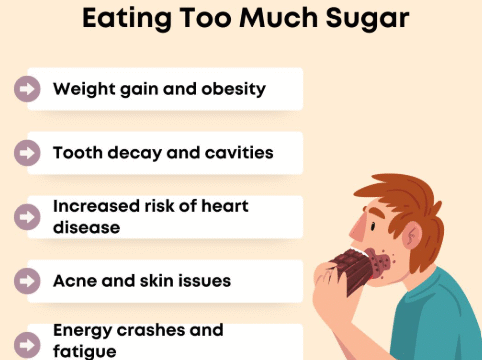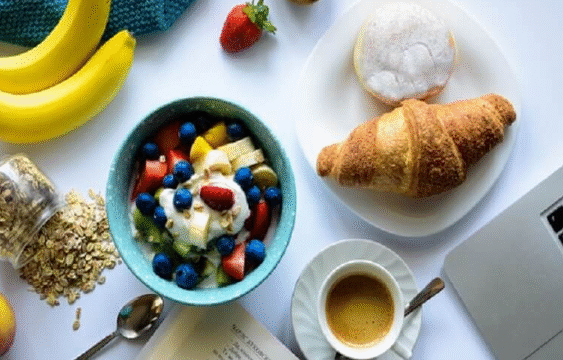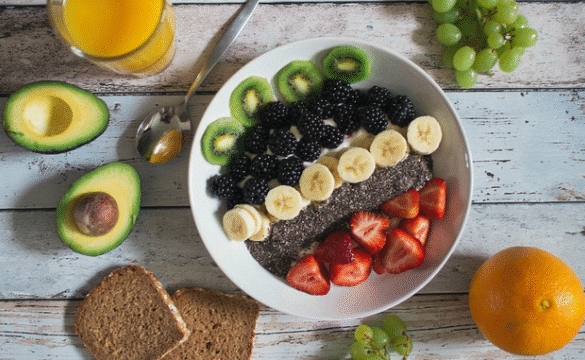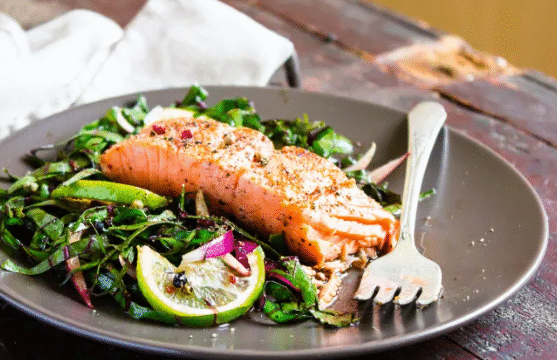Fitness can often seem complicated, filled with strict routines, advanced techniques, and endless advice about what works best. Yet the truth is that progress in fitness does not have to be complex or overwhelming. In fact, the most effective approach for lasting improvement often begins with the simplest everyday goals. These small, steady actions build consistency, create confidence, and allow your body and mind to adjust naturally. By setting realistic and friendly goals that fit easily into your day, you can make progress feel enjoyable and achievable.
Everyday fitness goals work best when they focus on steady movement rather than perfection. They do not demand hours of effort or strict rules; instead, they encourage balance and mindfulness. When goals are simple, it becomes easier to stay consistent because you remove pressure and build momentum gradually. Over time, these small steps lead to visible changes—not just in physical health, but also in energy, focus, and overall mood.
The first step to setting simple everyday goals is understanding what fitness means to you personally. For some, it may mean becoming stronger or more flexible. For others, it may mean having more stamina, improving posture, or simply feeling more comfortable in their own body. When you define fitness based on your personal priorities rather than comparison with others, you create goals that truly fit your lifestyle. That personal connection helps you stay motivated and consistent even when progress feels slow.
A helpful way to simplify progress is to start with small, daily actions. These could include taking a short walk in the morning, stretching before bedtime, or standing and moving after long periods of sitting. Even ten minutes of activity can make a difference. The goal is not intensity but regularity. Each small choice to move your body sends a message to your mind that you are taking care of yourself. This creates a positive cycle of effort and reward, making it easier to continue.
When setting everyday fitness goals, flexibility is your greatest ally. Life’s schedules change, and sometimes plans do not go as expected. Instead of feeling discouraged, adjust your goals to match the day’s rhythm. If you miss your usual walk, perhaps take a few minutes to stretch indoors. If you cannot visit the gym, try simple exercises at home. Adaptable goals prevent frustration and keep progress steady. The focus should be on what you can do, not what you could not do.
Another way to make fitness progress simple is by combining activity with daily routines you already have. For example, you might take the stairs instead of the elevator, do light stretches while watching television, or walk while talking on the phone. These actions may seem small, but over time, they create meaningful results. When fitness becomes part of your regular activities, it no longer feels like a chore—it becomes a natural part of your lifestyle.
Consistency grows stronger when you enjoy what you do. Choose activities that make you feel good rather than those that feel like punishment. If dancing makes you smile, let that be your workout. If you enjoy being outdoors, walking or cycling can be wonderful choices. When your fitness routine aligns with your preferences, it feels less like an obligation and more like a form of self-care. This positive mindset makes progress effortless because it turns discipline into enjoyment.
Friendly goals also include self-compassion. There will be days when you feel tired, busy, or unmotivated. Instead of being hard on yourself, acknowledge that these moments are part of the process. What matters most is returning to your routine when you can. Progress does not depend on perfection; it depends on persistence. When you treat yourself kindly, you build a supportive mindset that helps you stay consistent without guilt.
Tracking progress can also keep motivation alive, but it should be done in a gentle and encouraging way. You might write down how many minutes you exercised, how your body felt afterward, or any improvements in mood or energy. These notes remind you of your growth and reinforce that progress is happening, even when results are subtle. Over time, you will notice patterns of improvement that keep you inspired to continue.
Rest is another essential part of simple progress. Many people believe that working out every day without pause leads to faster results, but the body needs recovery to grow stronger. Taking a day off or focusing on light movement like stretching or yoga helps muscles heal and prevents burnout. Rest is not the opposite of progress; it is what allows progress to last. By listening to your body, you create balance that keeps fitness sustainable and enjoyable.
Nutrition also plays a gentle but powerful role in everyday fitness. You do not need to follow strict diets or eliminate favorite foods. Instead, focus on adding nourishment—more water, fruits, vegetables, and whole grains. Small changes, such as eating mindfully or drinking an extra glass of water each day, support your energy and help you feel stronger. A balanced approach to eating complements your fitness routine and encourages steady progress without restriction.
Accountability can further simplify progress. Sharing your goals with a friend, family member, or fitness partner adds encouragement and support. When you know someone is cheering for you, motivation increases. Even simple messages or check-ins can remind you to stay active. For those who prefer independence, digital reminders or habit-tracking apps can provide the same positive reinforcement.
Another powerful method for maintaining simple fitness goals is to focus on how movement makes you feel rather than how it makes you look. When fitness becomes a source of energy, calmness, and confidence, it carries a deeper meaning. This shift in perspective transforms exercise from a task into a gift you give yourself. It allows you to appreciate progress not by external appearance but by internal well-being.
Celebrating small victories also helps progress feel rewarding. Finishing a workout, maintaining your routine for a week, or noticing an improvement in flexibility are all signs of success. Taking time to appreciate these moments strengthens your belief in your ability to continue. Progress becomes something to look forward to rather than something to chase.
Simplicity in fitness goals works because it creates room for life. It accepts that some days will be easier than others and that consistency is more valuable than intensity. The goal is not to transform overnight but to grow gradually in a way that feels natural. When fitness becomes part of your everyday routine, progress no longer feels forced—it simply happens.
Over time, these small, consistent efforts build lasting strength and health. You may begin to notice improved posture, better sleep, higher energy levels, and a calmer mind. These are signs that your everyday actions are paying off. Each simple goal, practiced daily, contributes to a foundation of wellness that supports you in every part of life.
Everyday fitness goals remind us that progress does not need to be dramatic to be meaningful. What matters is showing up, moving with intention, and staying kind to yourself along the way. When you approach fitness with friendliness and patience, your goals become part of who you are.
Simplicity is not a lack of ambition—it is a sign of wisdom. It means choosing balance over burnout and progress over perfection. By embracing everyday fitness goals, you create a path that is easy to follow, enjoyable to sustain, and powerful in its results. Step by step, you prove that the simplest actions often lead to the most lasting change.
Would you like me to refine this article for SEO optimization and include a meta description and keyword suggestions suitable for Google AdSense approval?






